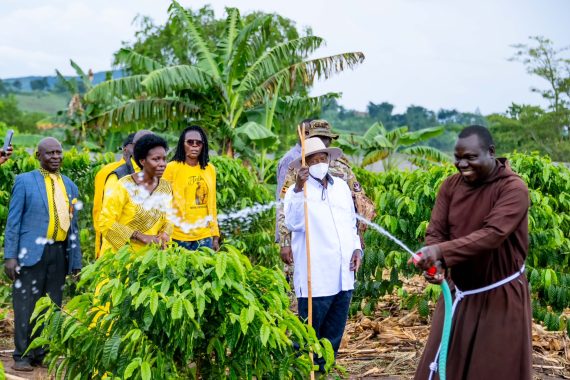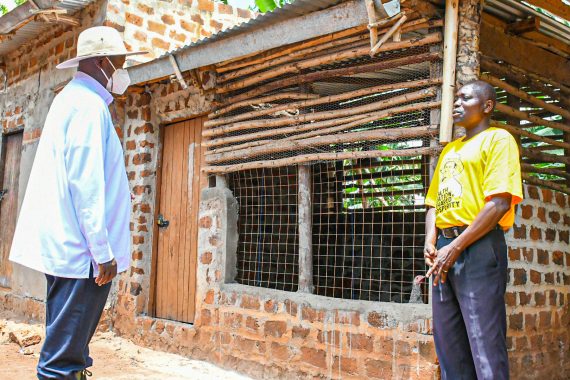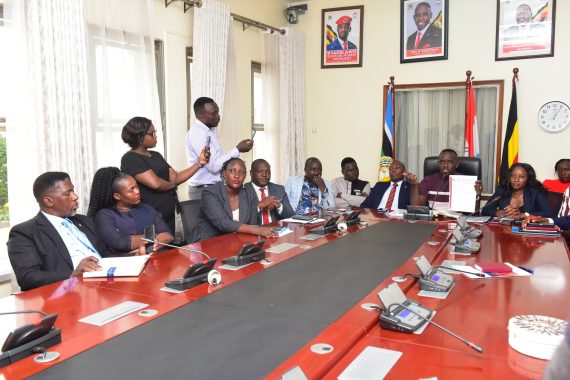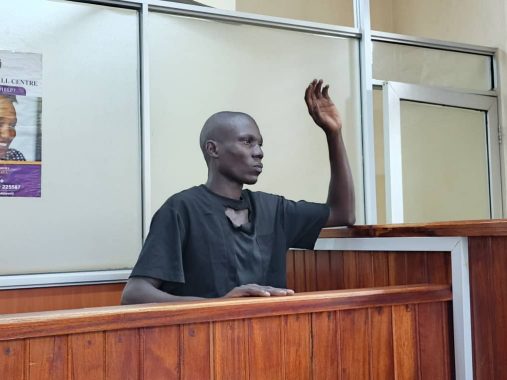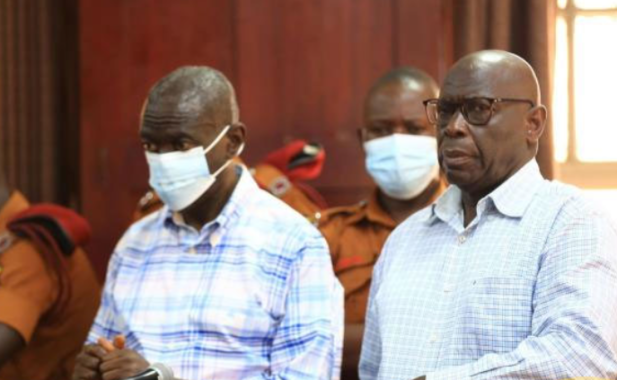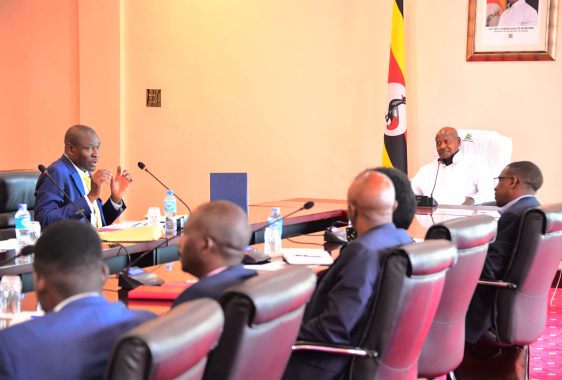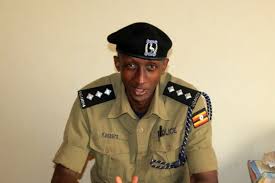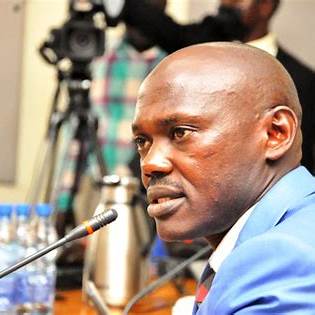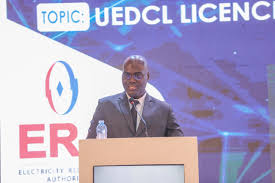Shock and disappointment continue to sweep across Kabale hills and parts of Uganda following the revelation that internationally acclaimed journalist Shaka Ssali will not be returned for burial in his ancestral homeland.
Instead, the celebrated media icon, who passed away on March 27th, will be cremated in the United States, as per his final wishes. His remains will be cremated on Wednesday, April 9, 2025, in Alexandria, Virginia.
The announcement has left many of his relatives and locals in Kabale deeply unsettled, with some outrightly rejecting the cremation plan as “un-African” and “against cultural norms.”
“We want his body brought home for a proper burial. That’s how we pay our last respects. Ashes are not enough,” lamented one elder from Kabale, speaking to reporters on condition of anonymity.
Several clan members and community leaders have also expressed frustration, insisting that no traditional rituals can be performed on ashes.
On Tuesday, while addressing the media at the Uganda Media Centre, the Minister for ICT and National Guidance, Dr. Chris Baryomunsi, confirmed that Ssali’s cremation was scheduled to take place in Washington, D.C., in line with his will.
“He expressed his wish that once he dies, his body should be cremated. Part of the ash will be scattered into a river in Washington, and the other part brought back to Uganda to be placed in his home area.” said Dr. Baryomunsi.
The minister acknowledged that the decision may be “strange” to many, but urged Ugandans to respect the late journalist’s final wishes.
Shaka Ssali, born and raised in Kabale, rose from humble beginnings, dropping out of school due to lack of fees, joining the army in the early 1970s, fleeing the Idi Amin regime in 1976, and eventually settling in the United States where he rebuilt his life. He earned multiple academic degrees, including a PhD in communication, and later became a renowned broadcaster on the Voice of America (VOA), where he hosted Straight Talk Africa for nearly two decades.
Though retired, Ssali remained a prominent voice in Pan-African discourse, earning admiration from audiences across the continent.
His sudden death, reportedly from natural illness, has left many stunned ,but it is the cremation decision that has triggered the most heated debate.
“We are still discussing as a family and community. But as far as we are concerned, his spirit must be welcomed home in the right way. That means a burial, not ashes.” said a cousin.
Government officials have not confirmed whether any formal memorial service will be held in Uganda. However, the controversy around his cremation is expected to stir more conversation on how traditional societies handle the legacies of global citizens.




